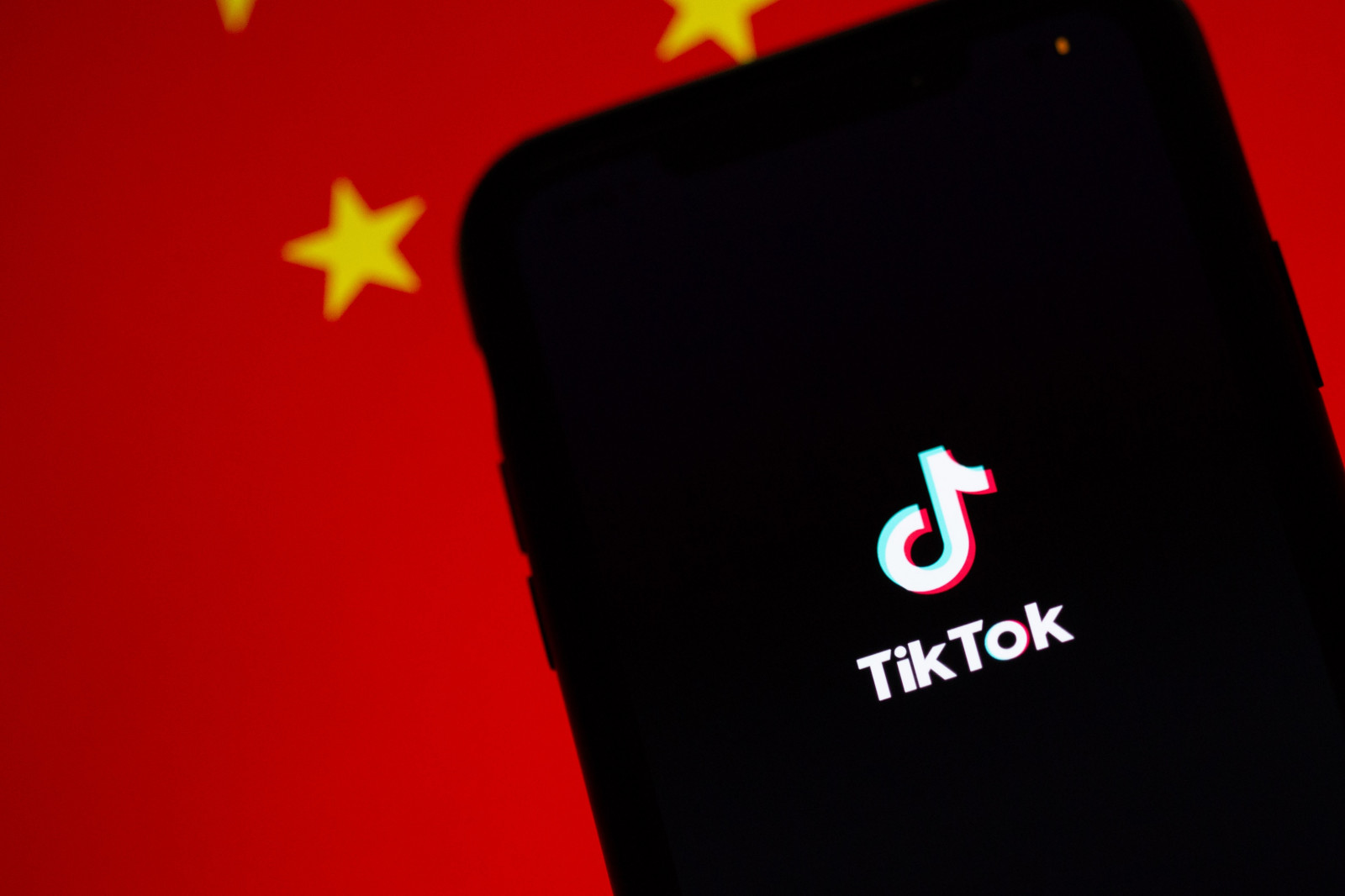Why TikTok and the future of social is now on trial

Photo: Solen Feyissa

The last two weeks have seen social platforms, especially TikTok, abuzz with clips of TikTok CEO Shou Zi Chew’s hearing before the US congress, answering lawmakers’ questions about the social media app’s data protections for users and its relationship with China.
The hearings come at a critical moment: recent geopolitical events have raised tensions between the US and People’s Republic of China (PRC); TikTok had pre-emptively launched new restrictions designed to protect younger users on the app; and AI is taking all of social by storm, flooding platforms with content and raising questions as to the future of creative and social behaviours among all consumers of digital entertainment.
The questions raised by the hearings have been initially TikTok-centric, with expectations of increased restriction or an all-out ban in the US. However, the broader landscape means that whatever the outcome, the implications will stretch far beyond the app by itself.
Featured Report
Social audiences are fragmenting Social platform user profile
The social marketplace has been growing – but attention is a finite resource, as is consumer time. As a result, audience attention is fragmenting across many different apps, with the biggest – YouTube, Instagram, Facebook, and TikTok –still dominating.
Find out more…The broader issue at hand in the hearings was one of data privacy and tech regulation, with most of the issues raised (aside from Chinese affiliations) being applicable to all other social platforms. Thus, initiatives for reform and regulation are now progressing, with the proposed American Data Privacy Protection Act (ADPPA) garnering bipartisan support in the background. With Twitter still gaining its bearings under Elon’s management, Meta undergoing another round of staff cuts, and also having recently undergone a lawsuit over GDPR in Ireland for its Facebook and Instagram user privacy agreements, it is an ominous time to be running a social platform (or relying on one for metrics and ad placements).
There has been a shift in the winds of fortune for the social media behemoths, which are now facing the transition from fast-moving insurgents to bureaucratically laden incumbents. Traditionally slow legal regulations have long lagged behind the rapid-fire innovations of tech companies, and a reckoning was due at some point or another. It seems the politically laden issues facing TikTok may be the key to unlock the floodgates, with new disruption surfing the wave. The Meta lawsuits in Ireland and the proposed ADPPA both focus on regulating larger bodies, with the ADPPA specifying “Large data holders that have an annual gross revenue of $250 million or more AND collect or process data for five million persons (or devices) AND the sensitive personal information is greater than 200,000 persons or devices”. As with most regulation, this means that large companies will be affected – but small insurgents will remain free to ‘build fast and break things’, driving the future of digital entertainment. The future of social thus is unlikely to see any new big player coming in and taking over market share in the same way as the previous decade. However, as with fandom across entertainment, niche will increasingly become the new mainstream, as users adopt and also disengage from new platforms and offerings depending on context, feature, and cultural relevance.

The discussion around this post has not yet got started, be the first to add an opinion.